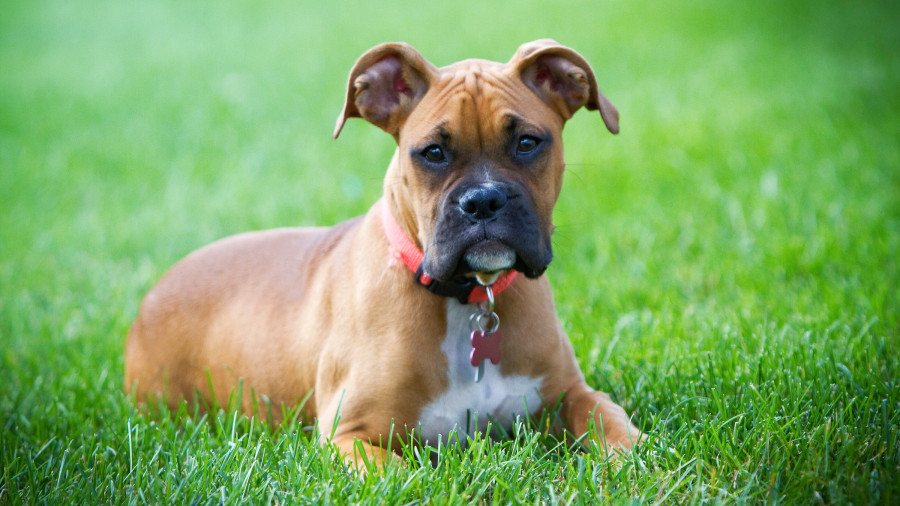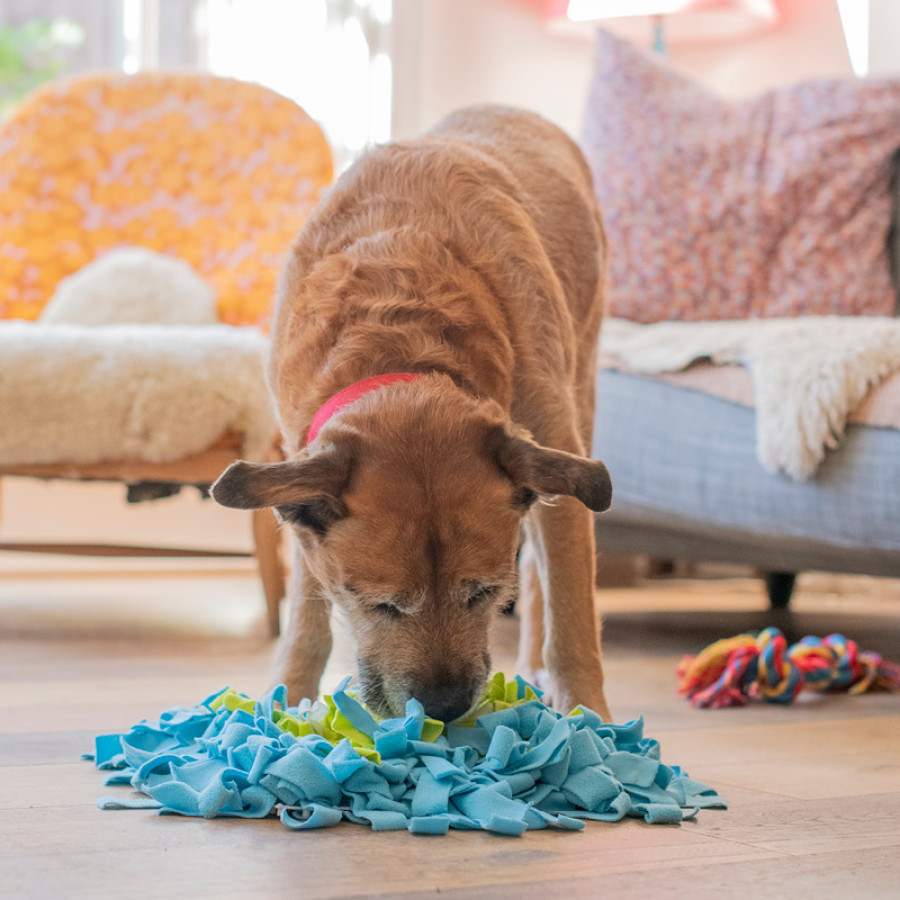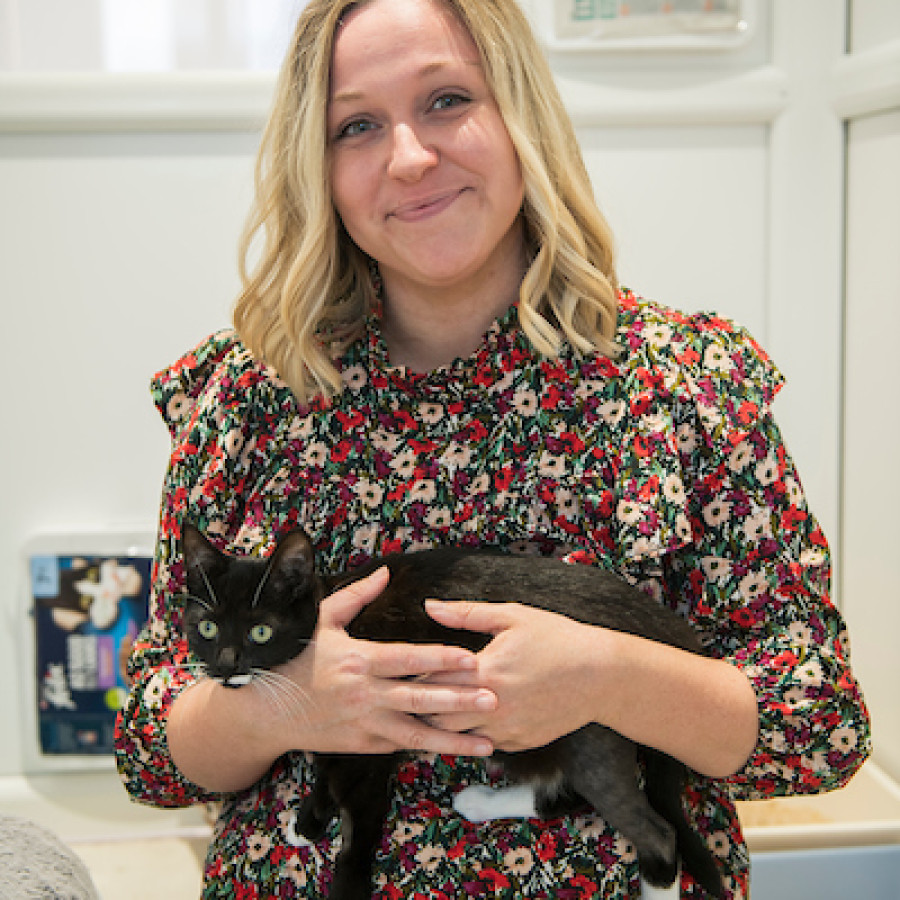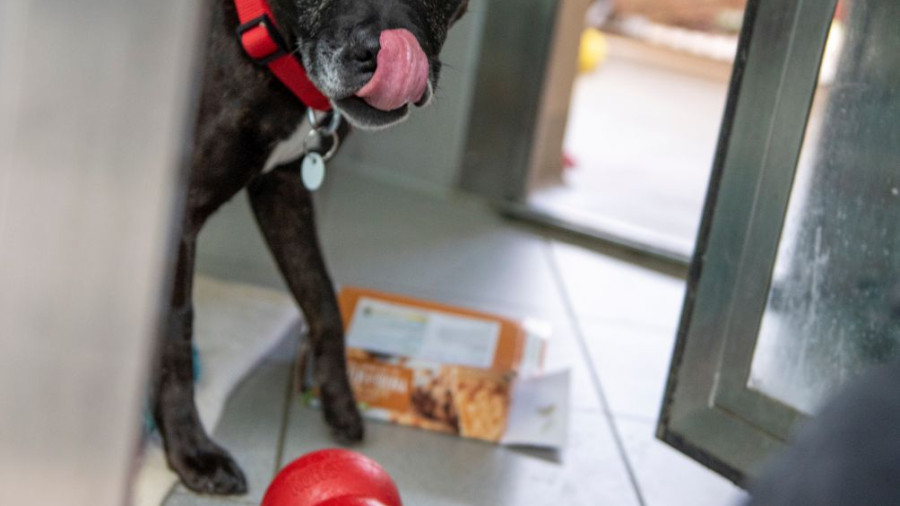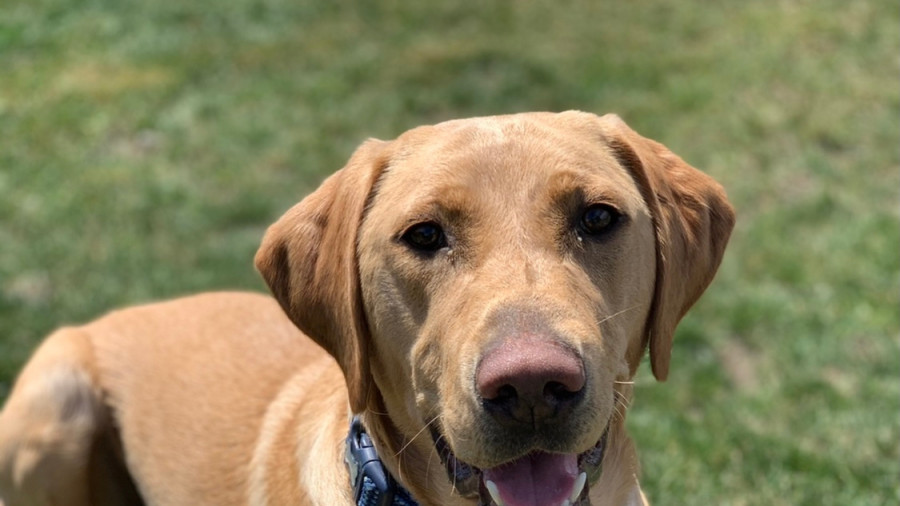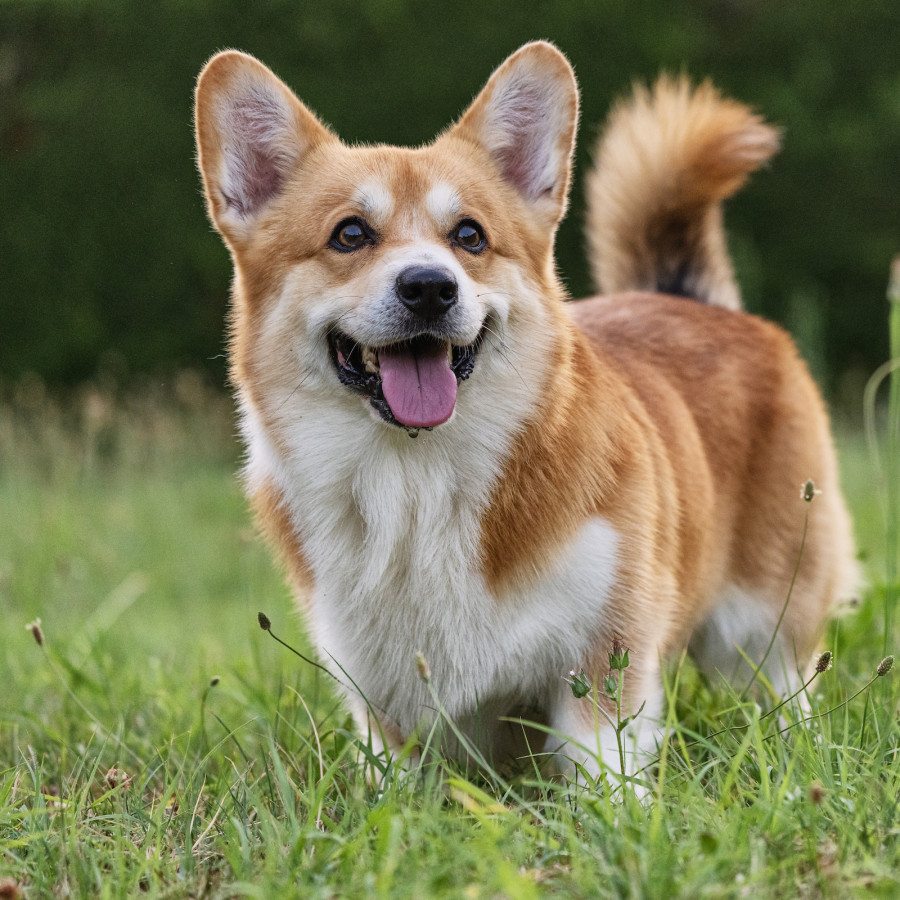What our expert says
Emily Norton
Veterinary Department Manager
Just like us humans, there are certain things that can cause an upset stomach in dogs. When your dog is vomiting, it’s important to remember they may be feeling unwell. So, try and remain calm. And verbally reassure them.
For a bright and alert dog, a single episode of vomit (resembling food or water) is not necessarily a cause for concern.
Here are some situations where your dog will need urgent veterinary care:
- You’ve seen or suspect your dog has chewed/swallowed a toxic item, or an object
- Multiple episodes of vomit within a short space of time. Or signs of being a quiet, flat and lethargic
- Unusual vomit consistency, including blood or mucus
- Repeated vomiting/regurgitation after eating
There are many items in homes and the environment that are toxic to dogs. If these are chewed/swallowed, your dog may become poorly very quickly. Vomiting is often one of the first signs of toxicity in dogs, followed by a decline in their energy levels and demeanour. Your dog will likely vomit multiple times and the consistency may vary.
Some objects can cause obstruction (blockage) or perforation (puncture) in a dog’s digestive system. This requires urgent emergency treatment as it can be life-threatening.
If your dog has recently swallowed an object, your vet may induce vomiting to try and remove the item. But only if it’s safe to do so. If not, imaging (x-ray/ultrasound) may be needed. This will determine the location of the object before surgical removal.
If, after eating, your dog often vomits or regurgitates (passive vomit) their food, it could be a sign of a medical issue with their digestive system. It could also be an intolerance to their food, particularly if they’re losing weight, have less energy or their coat is in a poor condition.
Seek advice and support from your vet. If a diet change is suggested, this could be followed up with a veterinary nurse for monitoring.
Common situations that don’t require urgent veterinary care:
- A single episode of vomit (resembling food or water)
- Vomiting during/after a car journey – speak to your vet/behaviourist for advice on medication to reduce this. It can cause anxiety and avoidance of the car
- A single episode of vomit after eating too quickly – enrichment /slow feeders/scattered kibble/licky mats are a good alternative to bowl feeding, especially for fast eaters
